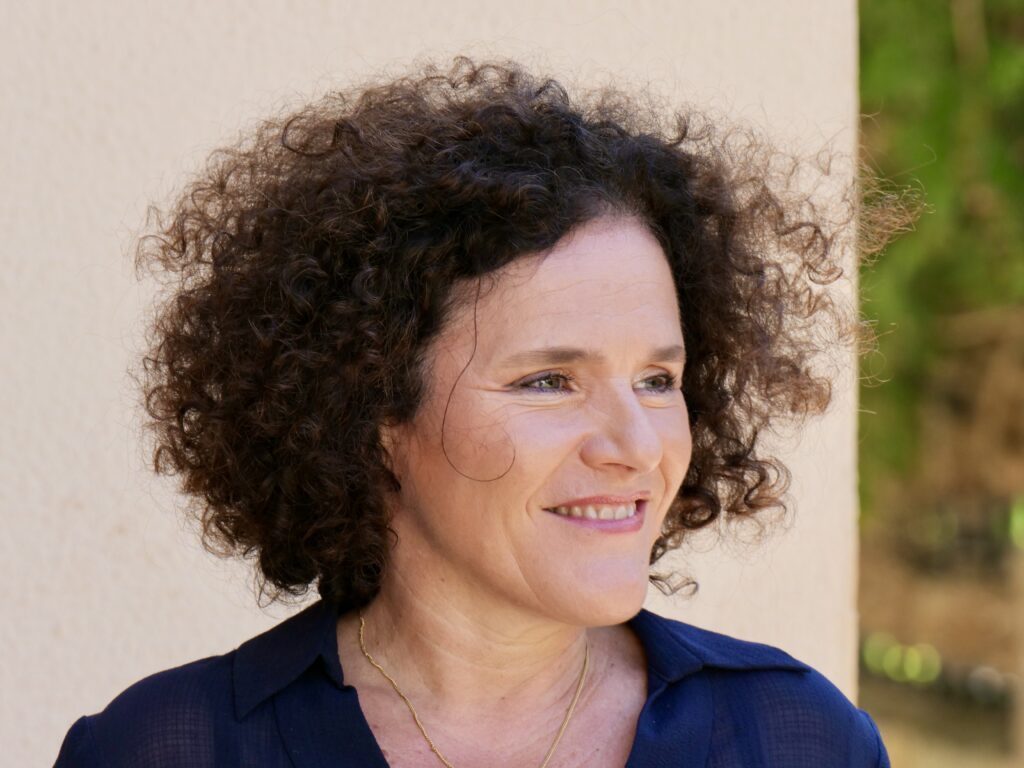I've worked hard, mastered my field, delivered results. And now… I'm leading a team. Should be easy, right?
That thought haunted me when I first stepped into leadership. Climbing the corporate ladder, I discovered that technical excellence doesn’t equal leadership excellence. This realization marked the beginning of a transformative journey that reshaped my view of leadership.
The leadership paradox
« I was promoted because I was good at my job. But now my job isn’t just ‘doing, it’s leading. And that’s… different. »
As I progressed in my career, I was recognized for my technical skills, problem-solving abilities, and execution. But then as a team leader, I was facing a completely different challenge : instead of measuring my personal output, I was now evaluated on my ability to build and motivate a high-performing team.
Leadership isn’t about being the best individual performer, it’s about inspiring, engaging, and empowering others to perform at their best.
The missing piece: emotional intelligence
« I can analyze data all day long, but how do I handle it when two team members aren’t speaking to each other? »
This is where I hit my first leadership wall. I was an expert at solving technical problems, but when it came to people challenges? That was a whole new world. I was missing a critical skill that hadn’t been developed in my technical training: emotional intelligence.
I faced scenarios that I couldn’t solve with technical knowledge alone:
- My highest performer was technically brilliant but created tension within the team
- A team member took constructive feedback personally and became demotivated
- Two talented individuals struggled to collaborate due to conflicting working styles.
- My team resisted necessary changes, despite clear logical arguments
These situations required understanding emotions, managing relationships, and navigating complex interpersonal dynamics.
The self-awareness journey
« I never realized how my direct communication style might overwhelm some team members while others appreciate its clarity. »
My journey to becoming a better leader began with understanding myself:
- How do I naturally communicate?
- What are my inherent biases?
- When do my strengths become limitations?
- How do my actions impact others?
This self-awareness journey revealed uncomfortable truths. My drive for perfection, which made me a strong individual contributor, now created unnecessary stress for my team. My quick decision-making style, once praised for its efficiency, now made my teams feel unheard.
The power of understanding different styles
« I used to think everyone worked like me. Now I realize that’s exactly why I was struggling to connect with half my team. »
One of the most important lessons I learned was the need to recognize different working styles:
- Some team members thrive on detailed instructions while others prefer autonomy
- Some need public recognition while others appreciate private acknowledgment
- Some make quick decisions while others need time to process
- Some focus on relationships while others prioritized tasks
If I had I known about frameworks like DISC at the time, I would have been able to better understand each team member’s preferences and create an environment where different styles could coexist and complement each other. This is the key message I want to share today.
When being right isn't enough
« The hardest leadership lesson? Realizing that being right isn’t always what matters most. »
Technical expertise tell us what to do. Leadership wisdom tell us how to get it done through others. Sometimes, the technically perfect solution isn’t the best leadership decision if it doesn’t consider the human element.
Here is what I have learned:
- Being right doesn’t matter if you can’t bring people along
- The fastest solution isn’t always the best if it damages team morale
- Technical problems often mask deeper interpersonal issues
- Leadership is about balance, not perfection
From having answers to asking the right questions
« Leadership isn’t about having all the answers, it’s about asking the right questions and truly listening to the responses. »
Leadership demands more than just technical excellence. It requires:
- Emotional intelligence to navigate complex interpersonal dynamics
- Adaptability to connect with different personality styles
- Humility to acknowledge that our way isn’t the only way
- Courage to be vulnerable and authentic with our teams
- Wisdom to know when to step back and let others lead
As I continue my leadership journey, I remain curious, stay open to learning, and most importantly, willing to grow beyond my technical comfort zone.
Reflection Point: When did you first realize that technical expertise alone wasn’t enough for effective leadership? What was your « aha » moment?
Share your story in the comments below. Let’s learn from each other’s leadership journeys.

Caroline Doche – The human at the heart of the brand



